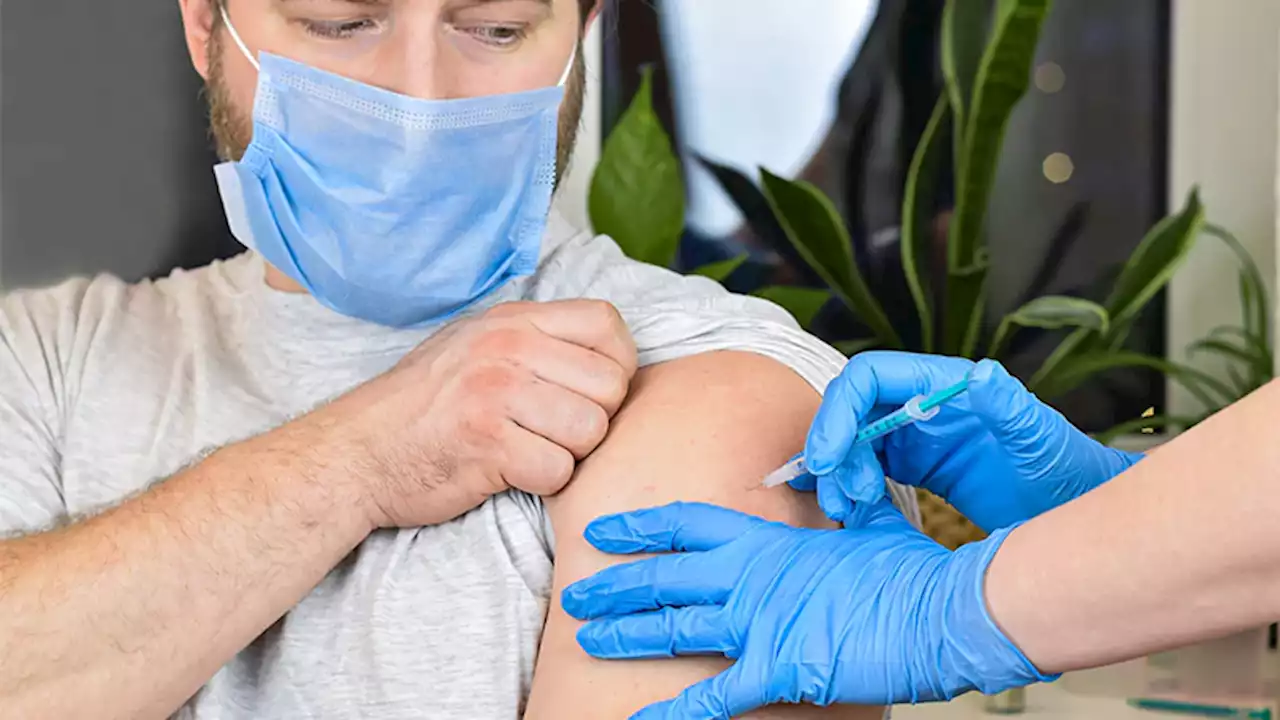A new study examines the strength and duration of SARS-CoV-2 vaccine-induced immunoglobulin-G antibody responses over time for patients with a variety of autoimmune diseases, compared with healthy controls. RheumTwitter
Greater age and the use of combination therapies for IMIDs, compared with monotherapy, further reduced immune response to the vaccine. In terms of vaccination modality, messenger RNA-based vaccines induced higher antibody levels than did vector-based vaccines. The researchers noted that patients with IMID who were given a third vaccine dose could actually catch up well with the antibody responses observed in healthy controls.
One of Simon's coauthors, statistician and rheumatologist Koray Tascilar, MD, added,"This research is important because we looked not only at who responded less, which has been previously established, but who are at greater risk of losing their immune response, and how quickly.""Most treatments we as rheumatologists give to our patients don't affect their SARS-CoV-2 humoral response," Simon said.
These diseases are serious, sometimes life-threatening."We might think of strategies for how to mitigate the risk of under-protection from COVID that is brought about by these treatments," he said. For example, offering boosters sooner or more frequently, or prophylactically treating with monoclonal antibodies.
